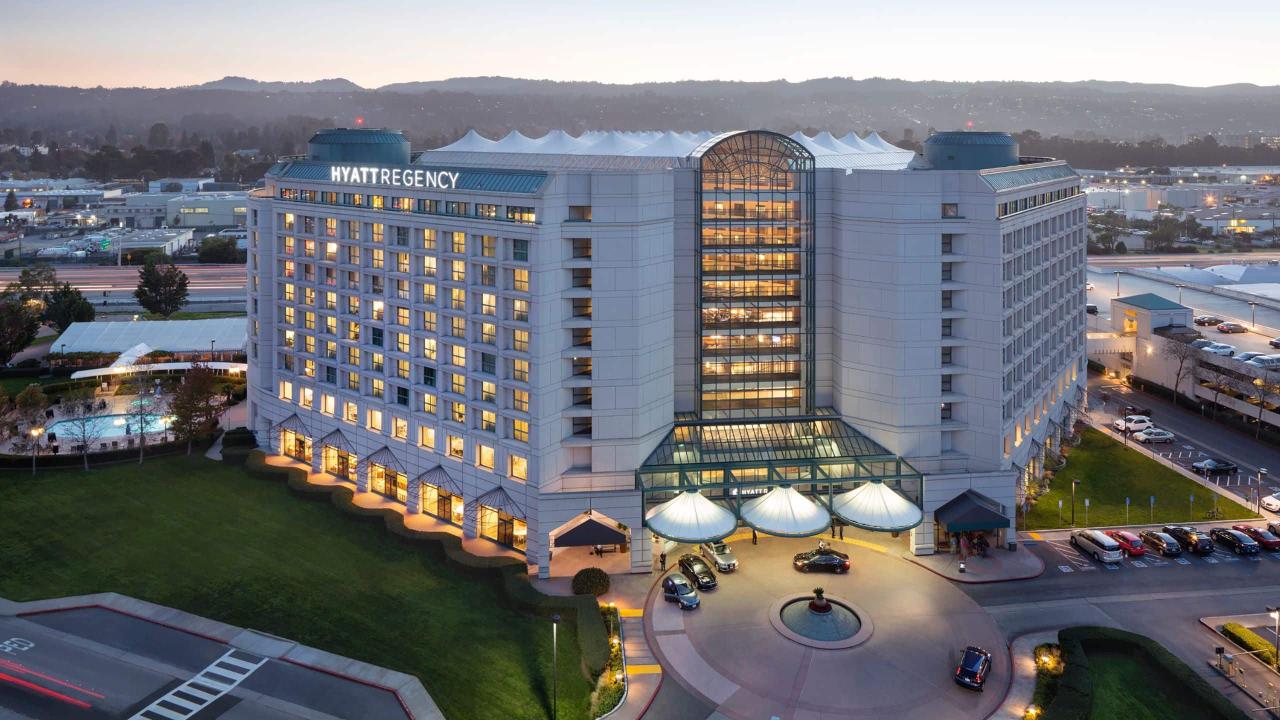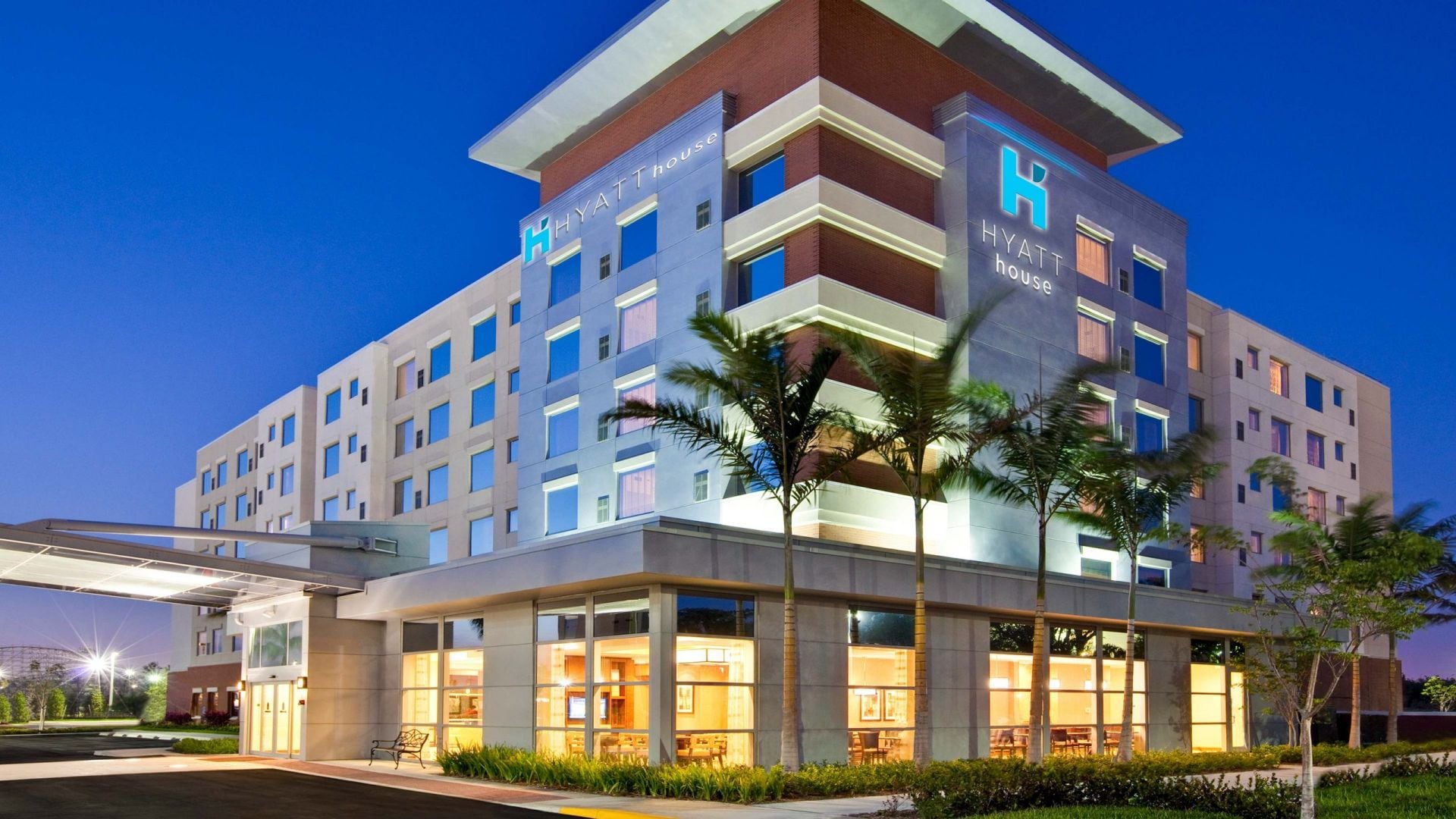The global hotel industry, a colossal pillar of the service economy, is in a perpetual state of flux. From groundbreaking technological innovations and evolving guest expectations to shifting investment landscapes and geopolitical influences, staying abreast of the latest news and trends is not just beneficial – it’s an imperative for survival and success. This article delves into the critical developments shaping the hotel industry today, offering insights into the forces driving its remarkable resilience and transformation.
I. The Resilient Comeback: Post-Pandemic Trajectories
Perhaps the most significant overarching narrative in recent hotel industry news has been its extraordinary recovery from the unprecedented challenges posed by the COVID-19 pandemic. Initially battered by lockdowns, travel restrictions, and a collapse in demand, the sector has demonstrated remarkable resilience.
A. Leisure Leading the Charge: The initial phase of recovery was spearheaded by leisure travelers, fueled by pent-up demand and a desire for experiences after prolonged confinement. Resorts, extended-stay properties, and drive-to destinations saw demand rebound quickly. This trend has largely continued, with leisure travel often exceeding pre-pandemic levels in many regions.
B. Business Travel’s Gradual Return: While leisure bounced back robustly, business travel, particularly corporate group bookings and large conventions, has been slower to fully recover. Hybrid work models and the efficiency of virtual meetings have permanently altered the landscape. However, recent news indicates a steady, albeit cautious, return of corporate travel as companies recognize the irreplaceable value of in-person collaboration, sales, and networking. The blend of "bleisure" (business + leisure) trips has also become a significant factor, with travelers extending business trips for personal enjoyment.
C. Regional Disparities: Recovery has not been uniform. Regions heavily reliant on international inbound tourism faced longer recovery periods, while domestic-focused markets often saw quicker turnarounds. News from Asia-Pacific, for instance, often highlighted a slower reopening compared to North America or Europe, but once restrictions eased, demand surged dramatically.
II. The Digital Transformation: Tech at the Forefront
Technology continues to be a relentless driver of change, fundamentally reshaping how hotels operate and how guests experience their stays. News articles frequently highlight innovations aimed at enhancing efficiency, personalization, and guest satisfaction.
A. Artificial Intelligence (AI) and Automation: AI is no longer a futuristic concept but a practical tool. News often covers hotels implementing AI-powered chatbots for instant guest queries, predictive analytics for optimizing pricing and staffing, and automated check-in/check-out kiosks or mobile apps that streamline the arrival and departure process. These technologies aim to reduce operational costs and free up staff for more personalized guest interactions.
B. Hyper-Personalization through Data: The ability to collect and analyze guest data is allowing hotels to offer increasingly personalized experiences. From remembering preferred pillow types to suggesting local attractions based on past interests, data-driven personalization is a key trend. News articles often detail how loyalty programs leverage this data to create tailored offers and foster stronger guest relationships.
C. Mobile Integration and Contactless Experiences: The pandemic accelerated the adoption of contactless technologies. Mobile key entry, in-app room service ordering, and digital concierges have become increasingly common. News reports on these innovations emphasize convenience, hygiene, and empowering guests with more control over their stay.
D. Cybersecurity Concerns: As hotels become more digital, the risk of cyberattacks increases. News about data breaches or ransomware attacks serves as a stark reminder of the critical importance of robust cybersecurity measures for protecting sensitive guest information and operational integrity.
III. Sustainability and ESG: A Non-Negotiable Imperative
Environmental, Social, and Governance (ESG) factors have moved from niche considerations to mainstream priorities, heavily influencing consumer choices and investor decisions. Hotel industry news regularly features commitments and initiatives related to sustainability.
A. Eco-Conscious Travelers: A growing segment of travelers actively seeks out hotels with strong environmental credentials. News often reports on hotels implementing green certifications, reducing single-use plastics, optimizing energy and water consumption, and sourcing local, sustainable produce.
B. Investor Pressure and Reporting: Investors are increasingly scrutinizing hotels’ ESG performance. News articles detail how major hotel groups are setting ambitious carbon reduction targets, improving waste management, and transparently reporting on their sustainability efforts to attract ethical capital.
C. Social Responsibility: Beyond environmental concerns, the "S" in ESG emphasizes social impact. This includes fair labor practices, community engagement, supporting local economies, and promoting diversity and inclusion within the workforce. News often celebrates initiatives that contribute positively to the communities in which hotels operate.
IV. Evolving Guest Expectations: Beyond Just a Bed
Today’s guests demand more than just a comfortable bed. Their expectations are shaped by broader lifestyle trends, technological advancements, and a desire for unique, authentic experiences.
A. Experiential Travel: News frequently highlights the rise of "experiential travel," where guests seek immersive cultural experiences, adventure, or personal growth, rather than just sightseeing. Hotels are responding by offering curated local tours, wellness retreats, cooking classes, and unique F&B concepts.
B. The Blurring of Work and Leisure (Bleisure): With the proliferation of remote work, "bleisure" travel has become a significant trend. Hotels are adapting by offering enhanced in-room workspaces, co-working spaces, and flexible booking options that cater to guests combining business with leisure. Extended-stay properties, in particular, are capitalizing on this demand.
C. Health and Wellness Focus: Wellness is no longer confined to luxury spas. News reports on hotels integrating wellness into various aspects of the guest experience, from healthy dining options and well-equipped fitness centers to mindfulness programs and sleep-enhancing amenities.
D. Authentic Local Experiences: Guests increasingly seek authenticity and a connection to the local culture. Hotels that integrate local art, design, cuisine, and staff often receive positive coverage for offering a more genuine and memorable stay.
V. Investment, Development, and Market Dynamics
The investment landscape within the hotel industry remains dynamic, with capital flowing into various segments and regions based on perceived growth opportunities and market stability.
A. Mergers and Acquisitions (M&A): Consolidation continues to be a theme, with larger brands acquiring smaller chains or independent properties to expand their portfolio and market share. News often covers these significant transactions and their implications for brand diversification and competitive landscapes.
B. Growth of Lifestyle and Boutique Hotels: There’s sustained interest in lifestyle and boutique hotels that offer unique designs, personalized service, and a strong sense of place. These properties often attract younger, experience-driven travelers and command higher average daily rates (ADRs).
C. The Extended-Stay Boom: The extended-stay segment has witnessed exceptional growth, driven by remote workers, project-based business travelers, and families seeking longer stays with home-like amenities. News reports frequently detail new developments and conversions in this highly profitable segment.
D. Adaptive Reuse: Repurposing existing buildings – from old office blocks to historic landmarks – into hotels is a growing trend. This strategy often reduces construction costs, speeds up development, and adds unique character to properties, generating positive news for sustainable urban development.
E. Emerging Markets vs. Mature Markets: While mature markets like North America and Europe remain attractive, news often highlights development opportunities in emerging economies, particularly in Asia, Africa, and parts of Latin America, where rising middle classes and increasing tourism infrastructure promise future growth.
VI. Navigating the Labor Landscape
The hotel industry, a historically labor-intensive sector, continues to grapple with significant workforce challenges, a topic frequently covered in industry news.
A. Staffing Shortages: Post-pandemic, many hotels faced acute labor shortages across all departments, from housekeeping to management. News reports often detail innovative recruitment strategies, increased wages, and enhanced benefits being offered to attract and retain talent.
B. Talent Retention: Beyond recruitment, retaining experienced staff is crucial. Hotels are investing in training and development programs, career progression pathways, and fostering positive work environments to reduce turnover, a topic often highlighted in HR-focused industry news.
C. Automation as a Partial Solution: While not a complete replacement, automation and technology are being deployed to alleviate some labor pressures, particularly in repetitive tasks, allowing existing staff to focus on guest-facing roles that require a human touch.
VII. Global Economic and Geopolitical Headwinds
The hotel industry is highly susceptible to broader macroeconomic trends and geopolitical events, which constantly feature in news headlines.
A. Inflationary Pressures: Rising inflation impacts operational costs (food, energy, labor) and potentially curbs discretionary spending on travel. News reports often analyze how hotels are managing these pressures through dynamic pricing and cost efficiencies.
B. Interest Rates and Investment: Higher interest rates can dampen new development and M&A activity by increasing the cost of capital. Industry news tracks central bank decisions and their potential impact on hotel investment.
C. Supply Chain Disruptions: Lingering supply chain issues can affect everything from hotel construction timelines to the availability of F&B supplies, leading to operational challenges and cost increases that are frequently reported.
D. Geopolitical Instability: Regional conflicts, political tensions, and policy changes can significantly impact international travel patterns and tourist sentiment, leading to shifts in demand and occupancy rates in affected areas.
Conclusion: The Road Ahead
The hotel industry is a vibrant, complex ecosystem constantly responding to internal innovations and external pressures. The news articles emerging from this sector paint a picture of an industry that is incredibly resilient, technologically progressive, and increasingly conscious of its environmental and social impact. From the ongoing recovery of business travel and the relentless march of AI to the paramount importance of sustainability and the ever-evolving demands of the modern traveler, hoteliers must remain agile, innovative, and deeply attuned to these trends. The ability to adapt to changing guest expectations, leverage new technologies, and operate responsibly will determine the winners in this dynamic and fiercely competitive global market. Staying informed through the latest industry news is not merely an option; it is the compass guiding the industry’s journey into a prosperous future.

